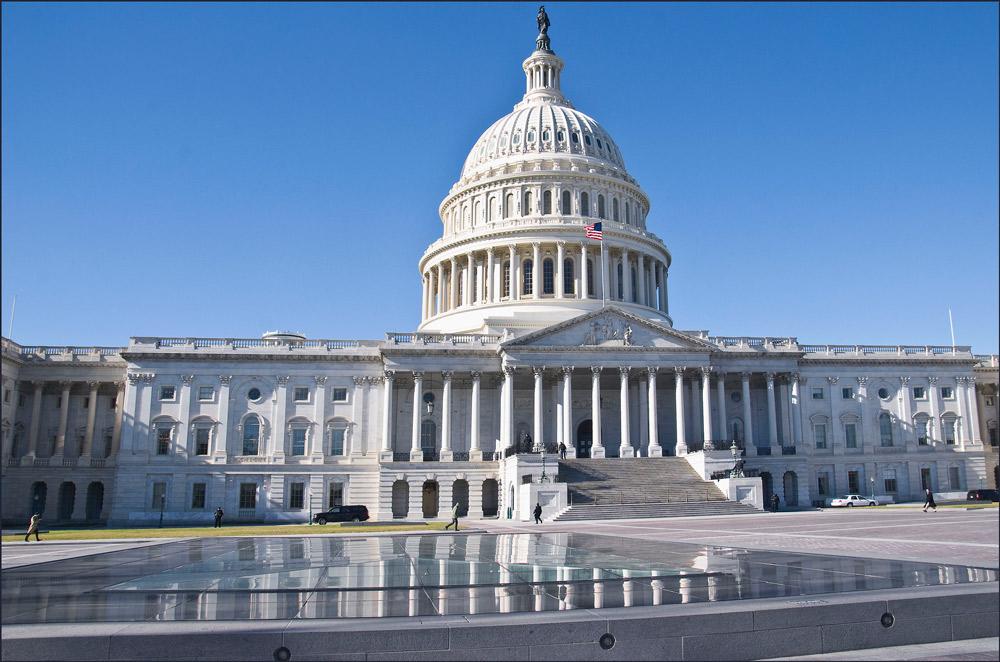Senate passes first measures to ‘repeal and replace’ Obamacare - as signups surge

During a characteristically bizarre and rambling press conference, Donald Trump yesterday fought back against lurid reports from Russia, but two policies nevertheless emerged as priorities: building the wall and repealing and replacing Obamacare.
The President-elect called on fellow Republican party members to step-up efforts to create a viable replacement to the legislation, otherwise known as Affordable Care Act (ACA).
The US Senate has responded quickly to Trump's call, voting 51-48 in favour of a Republican budget measure that paves the way for repeal, which could be voted on as early as February.
Trump described the ACA – which has resulted in over 20 million additional Americans gaining health insurance coverage – as a “catastrophic event” and called upon Congress to pass a replacement “very quickly or simultaneously, very shortly thereafter.”
Trump’s call for Congress to quickly draw up replacement health provisions puts pressure on the party. Congress is being given mere weeks to formulate a viable replacement for a controversial health law that took two years to pass, and that some party members are indicating it could take as long to create a replacement model.
House Speaker Paul Ryan indicated that a more likely approach was repeal first, with some provisions to replace aspects of it, with a full replacement presented at a later time.
Thursday's developments also established the rules around the planned repeal vote, allowing it to be passed through 'reconciliation'. This would allow the repeal to be passed with a simple Senate majority, instead of the usual 60 votes need to create most new legislation.
The renewed call by Trump to present a replacement for the ACA comes amid news that approximately 11.5 million people have signed up for coverage under the Affordable Care Act from 1 Nov to 24 Dec. That number includes 8.9 million “returning customers” and a further 2.6 million new signups.
While the ACA has been a politically-charged topic and a key component of Trump’s rise to power, the complexity surrounding any possible repeal is likely to force a change in tone.
During post-election interviews, Trump was seemed to soften his approach to any possible repeal, telling the Wall Street Journal that he may instead opt for reform. Having now reaffirmed his intentions to repeal and replace however, Trump’s team will have to work hard to reassure voters that they will not lose health coverage as a result of the shakeup.
Adding to the pressure, Republican Senator Lamar Alexander - who heads the health committee - said in a speech on Tuesday (reported by Reuters) that some ACA provisions need to be in place before 1 March because insurance companies will then be deciding whether to offer plans for 2018. The Senator suggested that interim steps might include allowing people to use ACA subsidies to purchase other plans until details of any replacement are announced.
A new poll conducted by the Kaiser Family Foundation found that the public's top healthcare priority was to lower health costs, not repeal of Obamacare.











